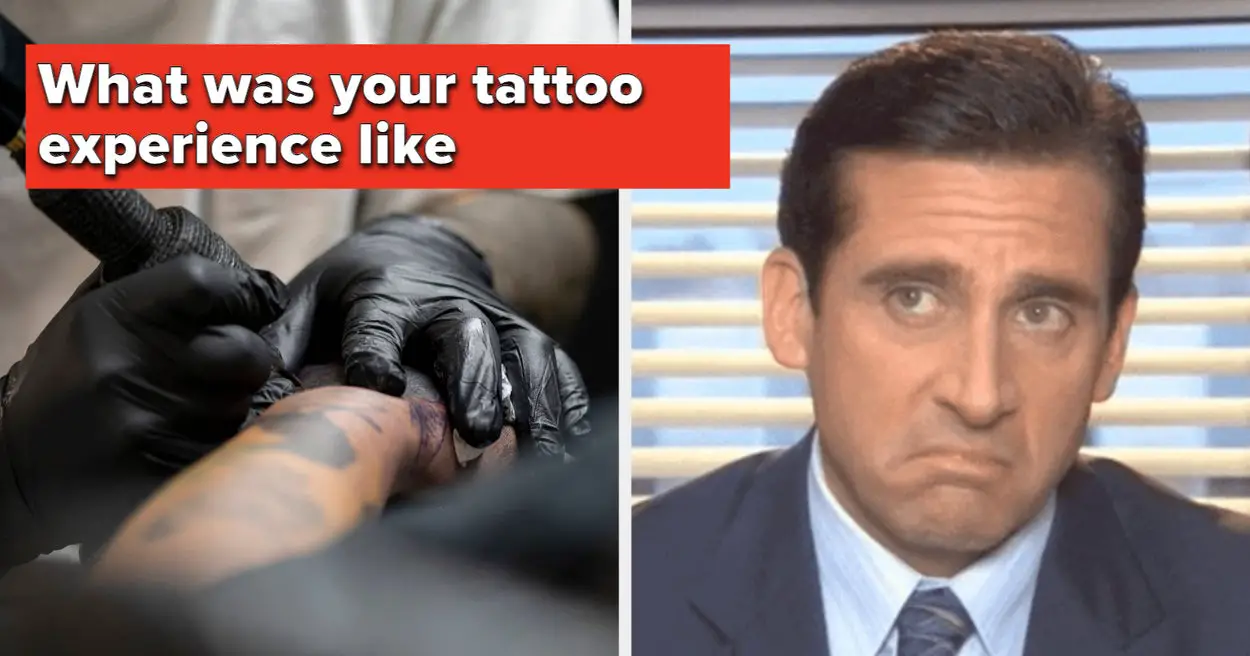High-functioning depression is serious, and just as with more overt forms of depression, its consequences if untreated can include substance misuse and suicidal ideation.
In fact, someone with high-functioning depression might actually be at greater risk for suicide attempts because they feel so isolated in their experience, according to Saba Harouni Lurie, a licensed marriage and family therapist. So, getting help is key.
The first thing Trujillo encouraged is to work on being more open with loved ones about what you are experiencing.
“Being more vulnerable can help you gain support and connection,” she said. “You can also work on focusing on what in your life isn’t actually working for you, and initiate ways to change what’s maintaining your depression.”
And of course, finding help from a mental health professional should be a priority.
“The most important thing to do is to seek [professional] support,” Lurie said. “Many people with high-functioning depression don’t seek out help, because they interpret their ability to still function relatively normally as a sign that they aren’t struggling as much as others with more overt symptoms may be.”
Reed noted that a therapist can provide you with someone to talk through difficult emotions with, and can offer invaluable coping skills that you may not be able to get from friends or family members.
“A therapist can provide you with tools to help you regulate your nervous system in an effort to increase resiliency and overall mood,” she said. “It can also be helpful to incorporate activities that nurture well-being, such as exercise, hobbies, and social time.”
Medications like SSRIs, also called antidepressants, are always an option as well, and they work well for many people. A psychiatrist or doctor should be able to chat with you about exploring a prescription.
High-functioning depression is tricky, and it can be hard to know if you’re dealing with it — and even harder to tell if a loved one is. But by looking out for certain signs, you can identify the issue and work toward getting necessary help as quickly as possible.
If you or someone you know needs help, call or text 988 or chat 988lifeline.org for mental health support. Additionally, you can find local mental health and crisis resources at dontcallthepolice.com. Outside of the U.S., please visit the International Association for Suicide Prevention.
This article originally appeared on HuffPost.
Source link







Leave a Reply